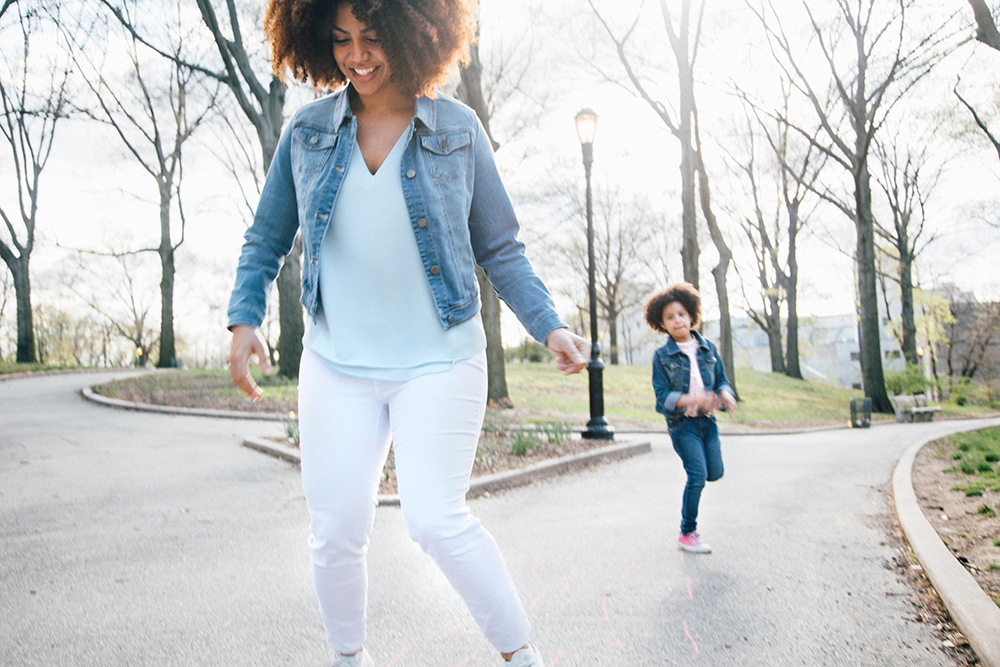Rediscover your playful side
Every month, Martha Roberts invites you to road-test research around feeling good

THE PROJECT
Playing about isn’t just fun – it has also been shown to boost happiness and mental wellbeing.
THE AIM
Are you someone who thinks that only children and animals benefit from playing? Think again. Whatever your age, larking around makes for happy human beings.
THE THEORY
As adults we may think we shouldn’t be playing any more, but studies show that as well as being fun, playing with friends, partners, co-workers, children and even pets can be good for your health, suggesting we should be doing it more, not less.
A 2014 report by the Children’s Play Policy Forum found that play helps boost language development, problem-solving, risk management and independent learning skills. The benefits for adults have been found to include improving brain function, stimulating the mind, boosting creativity and improving relationships.
Playing results in laughter, which has been found to have immunity-boosting properties, as well as increasing blood flow in the same way ‘as a bout of aerobic exercise’. It boosts heart health by helping to open blood vessels while stress does the opposite, causing blood vessels to constrict, according to a 2011 study at the University of Maryland School of Medicine.
Playing also helps to boost creativity – Northwestern University research found people had better puzzle-solving skills after watching a short comedy clip – while play can also help to improve performance by helping us to think laterally.
But crucially, play makes us happy. In his book Play (JP Tarcher, £14.99), expert Dr Stuart Brown says: ‘Remembering what play is all about and making it part of our daily lives are probably the most important factors in being a fulfilled human being. The ability to play is critical not only to being happy but also to sustaining social relationships and being a creative, innovative person.’
TRY IT OUT
- See play opportunities all around you. Playing doesn’t have to mean spinning like crazy on a roundabout in the park (though don’t let us stop you…). Play opportunities can be found in situations you may not even have thought of as playing. Joking with strangers in the supermarket queue or playing with a pet both count as playfulness.
- Reconnect with the child-like ‘you’. Playing with your kids or offering to take nieces or nephews to the park will help to reawaken the playful child inside you. But you don’t even need kids as props. Go to a toy shop and buy magic tricks, crafting supplies or science kits and use them with the kind of joy you would have done when you were seven. Get a friend round to do it with you to add to the fun.
- Set aside time to play. If you don’t feel play can be incorporated into your working day, try to let it into your life elsewhere. Setting specific play time aside is crucial. Even a little play can go a long way to boosting happiness and productivity.
- Go back to your childhood. What did you do as a child that excited you? Did you do those activities alone or with others, or both? Is there any way that you can recreate that today?
MARTHA ROBERTS is an award-winning UK health writer and mental health blogger at mentalhealthwise.com
Photograph: Corbis









